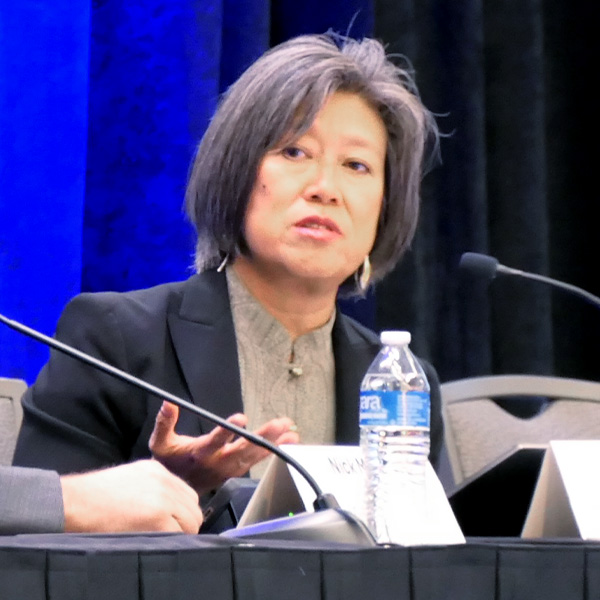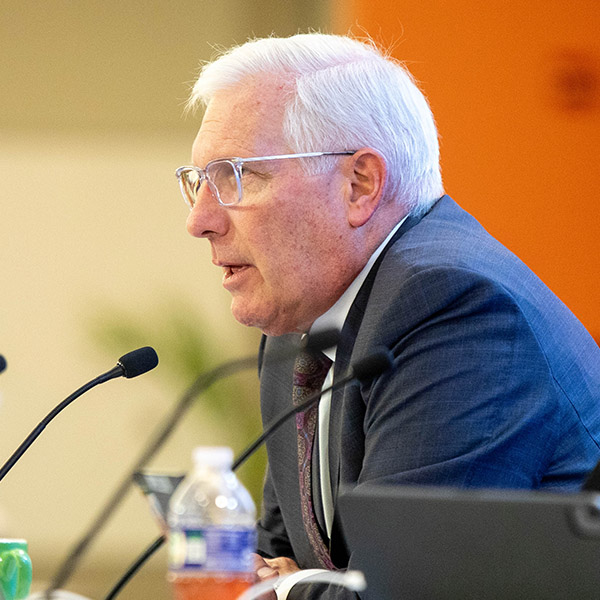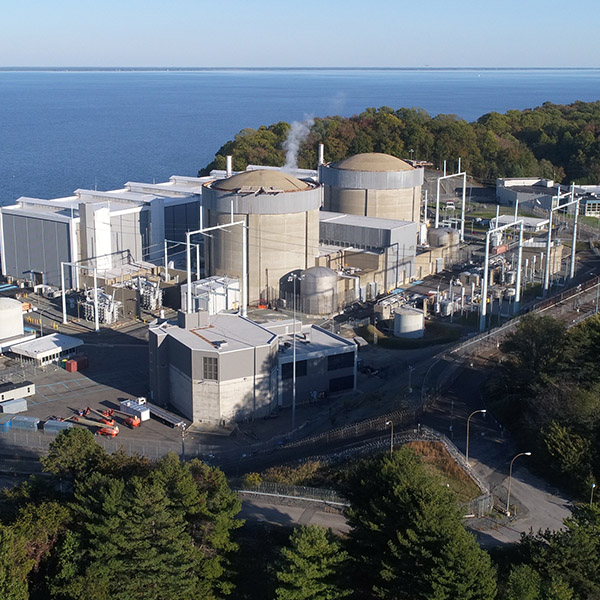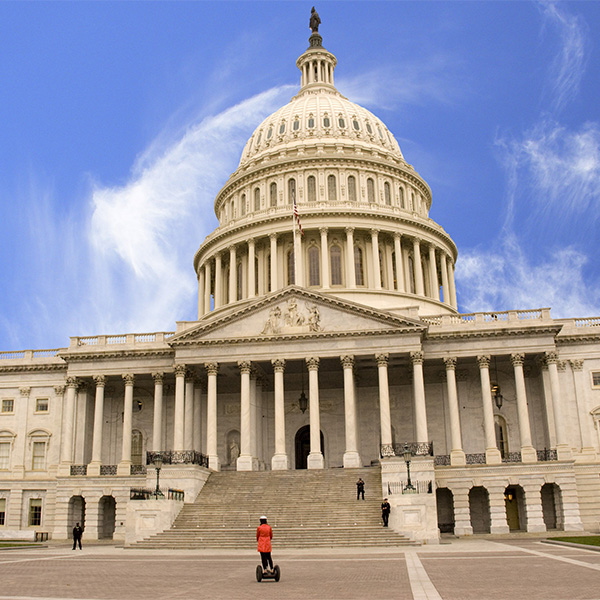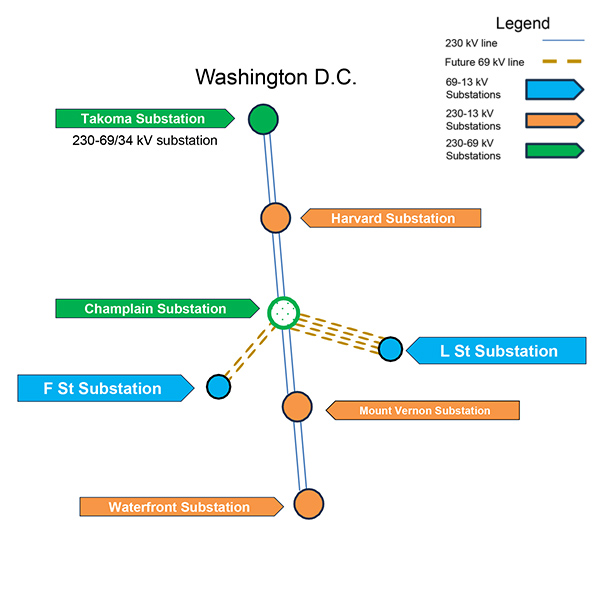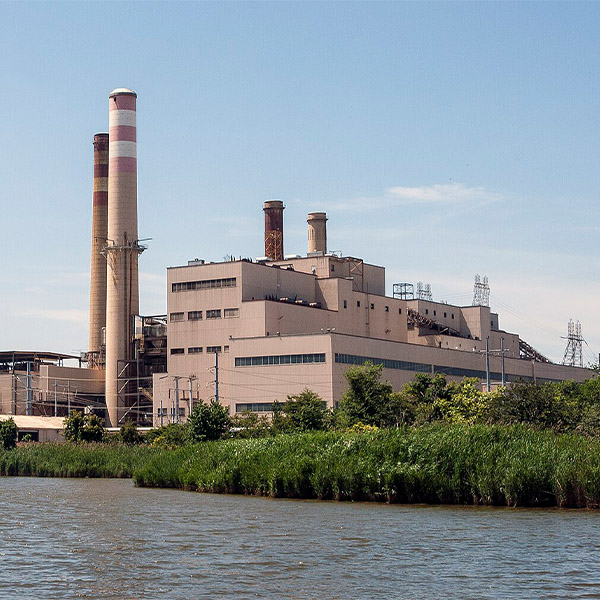Maryland
The challenges and opportunities of meeting demand from new large loads like data centers took center stage at the National Association of State Energy Officials’ recent Energy Policy Conference.
Maryland's 2026 legislative session could show how states facing explosive demand growth can achieve their clean energy and affordability goals despite the Trump administration’s resistance to solar, wind and storage, according to Livewire columnist K Kaufmann.
PJM presented manual revisions to clarify how resources are defined as offline for the purpose of determining whether they are eligible for lost opportunity cost credits.
The White House and PJM's governors called for a special backstop capacity auction to procure $15 billion worth of new dispatchable generation, which is to be paid for by data centers.
Gov. Wes Moore issued an executive order calling for reforms to boost electricity supply and ensure affordability, which will be implemented in part by the new executive director at the Maryland Energy Administration, Kelly Speakes-Backman.
Constellation Energy is proposing 714 MW of new gas-fired peaker capacity and up to 800 MW of storage in response to a Maryland solicitation.
U.S. energy agencies including FERC laid out their plans for operations during the federal government shutdown.
PJM and the New Jersey Board of Public Utilities are in discussions on how the transmission and interconnection facilities planned for the state’s offshore wind aspirations can be put on ice in the wake of all the generation developers pulling out of their projects.
Exelon's CEO said on an earnings call that the company remains interested in the possibility of utility-owned generation.
The Department of Energy issued an emergency order to lift annual run-hour restrictions on the H.A. Wagner Generating Station Unit 4 located outside of Baltimore to address a shortage of generation in PJM.
Want more? Advanced Search
